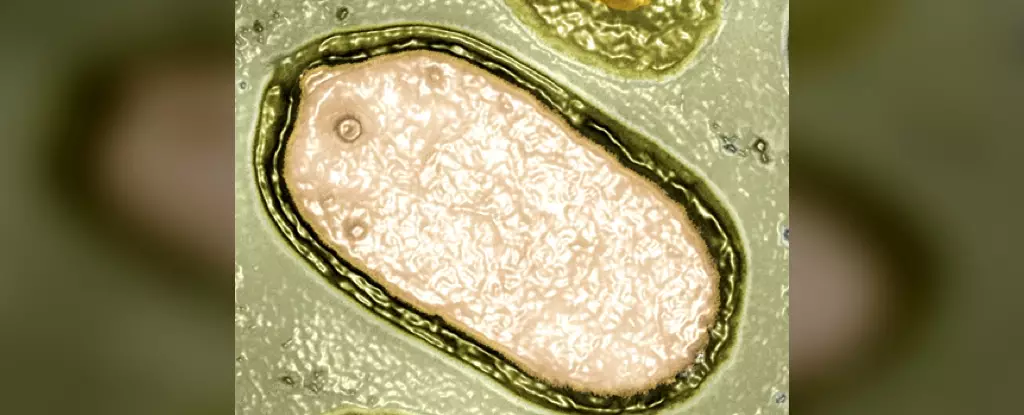In a swirling sea of scientific discovery, a groundbreaking study has unveiled the existence of over 230 previously unknown giant viruses lurking in our oceans. Conducted by the University of Miami’s marine biologist Benjamin Minch and virologist Mohammad Moniruzzaman, this investigative endeavor employs cutting-edge technology to peel back the layers of complexity surrounding these colossal microorganisms. The implications of this research stretch far beyond academic curiosity—they beckon us to reconsider our assumptions about marine ecosystems and their pivotal role in Earth’s health.
This study is not merely a catalog of new viral entities; rather, it serves as a clarion call to understand how these giant viruses intertwine with protists, the microscopic powerhouses of the ocean, which include algae and amoebae. The research underscores a simple but profound truth: every drop of seawater may harbor a Pandora’s box of potential threats and benefits to marine biodiversity, human health, and the delicate balance of Earth’s biogeochemical cycles.
The Intersection of Life and Viruses
One compelling revelation from the study is the dualistic nature of giant viruses. On one hand, they can detrimentally affect phytoplankton populations—essential organisms that produce a significant portion of the Earth’s oxygen and form the foundational bedrock of aquatic food webs. The deaths of these microorganisms due to viral infections can precipitate cascading effects, endangering larger marine species and, by extension, human livelihoods that depend on healthy oceanic ecosystems.
Conversely, the research reveals that these viruses are not just parasitic but exhibit a strange symbiosis with their hosts. They possess genes traditionally associated with cellular life forms, which allow them to manipulate photosynthesis and carbon metabolism within their algal hosts. This remarkable ability indicates that giant viruses can affect nutrient cycling in oceans, potentially transforming the foundational processes that sustain marine life. Such a manipulation brings forth harrowing questions about environmental management in a world grappling with climate change and pollution.
Implications for Marine Ecology
Understanding these giant viruses carries significant implications for managing harmful algal blooms—a phenomenon that has detrimental effects on both marine organisms and public health. Health hazards associated with algal blooms, such as toxic shellfish poisoning, are becoming increasingly relevant in coastal regions, including those in Florida. With an enhanced understanding of how viruses influence algal populations, researchers could predict and mitigate such dangerous blooms, safeguarding not just marine life but also human communities. This shift in perspective is essential, as it suggests that our oceans require guardianship: a thoughtful approach that recognizes the interconnectedness of life forms beneath the wave.
While the study brings much-needed clarity, it also emphasizes our ignorance about the broader picture. The fact that we have barely scratched the surface of virus discovery in the ocean is a stark reminder of the vastness of unexplored biological territories. Each new discovery opens a floodgate of questions: How many more genomic mysteries do the oceans hold? What are the ecological roles yet to be unveiled? As marine science strides forward, it must do so with caution, considering not just the biological richness but the environmental consequences that come with our relentless quest for knowledge.
Charting a New Course for Environmental Stewardship
As the researchers create frameworks for detecting novel viruses, the potential for technology to inform environmental stewardship becomes apparent. These innovations could serve as crucial tools for monitoring aquatic health, pollution levels, and pathogen presence in our waterways. A transformative approach to oceanic research, grounded in the realities of climate and environmental change, could redefine our interactions with marine ecosystems.
Crafting an environment where science is at the forefront of conservation efforts requires a holistic dialogue involving scientists, policymakers, and the communities that rely on these ecosystems. We can no longer afford to view our oceans merely as resources to exploit. Instead, we must acknowledge their complexity and the myriad life forms fighting for survival within them. By harnessing the insights gleaned from studies like this, we can pave the way toward effective and responsible management for the oceans—ensuring their wellbeing for future generations while protecting our own.


Leave a Reply